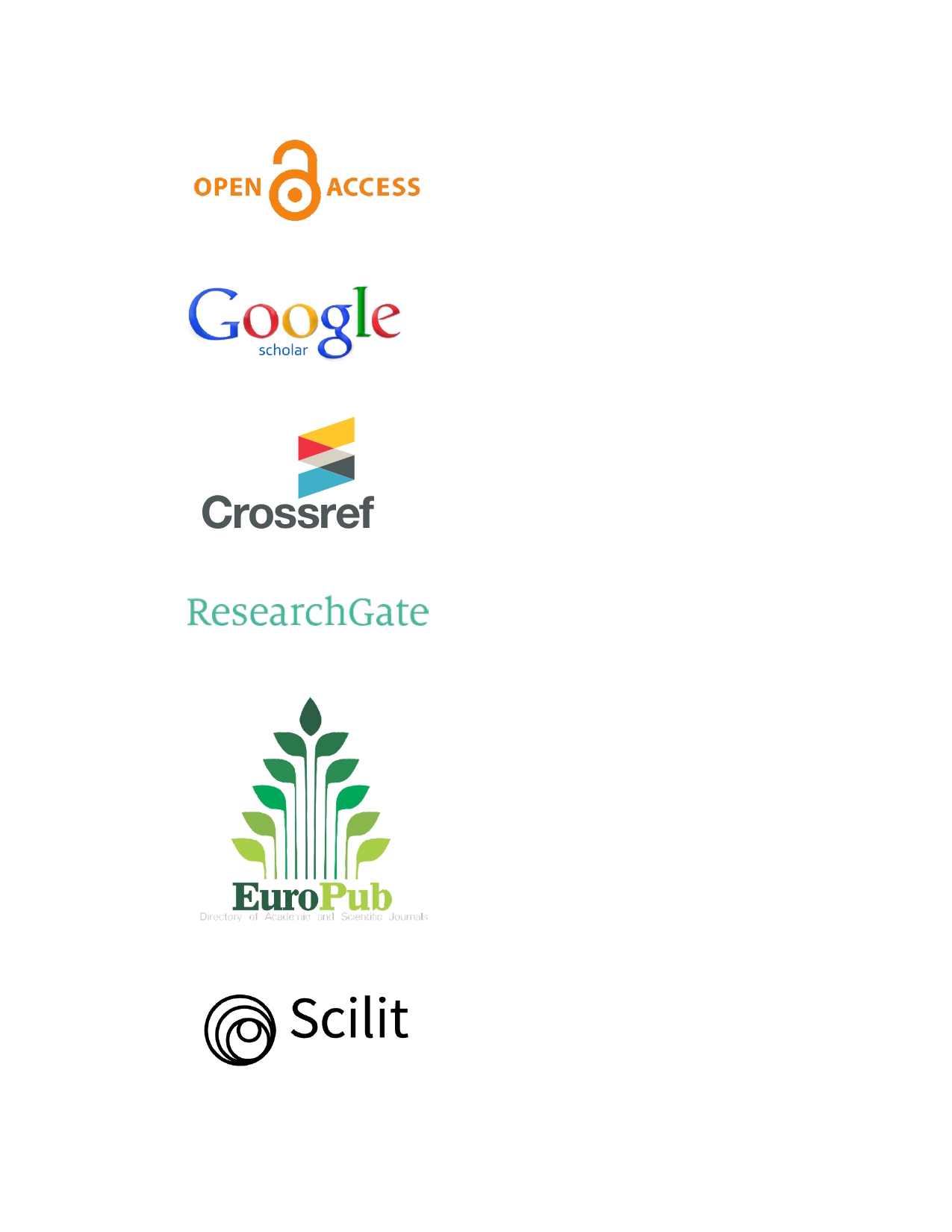Religion and Animals: Lessons for Christians Drawn from African Traditional Practices in Zimbabwe
DOI:
https://doi.org/10.63002/assm.32.871Keywords:
Environment, Animals, Animal Rights, Ecotheology, Ecology, Conservation, Indigenous KnowledgeAbstract
This article will argue that since time immemorial biological diversity has been central to human survival. Indigenous peoples have developed stages of technology and culture appropriate for different environments of climate, vegetation and animals. African traditional religion practices and promotes peace for both human and non-human animals. Crises for survival in the environment such as drought removed the animals that people were hunting and this threatened sustainable development. The symbiotic relationship between human beings and animals was clearly recorded in paintings. Indigenous peoples in the past recorded their interrelationships with the natural world -particularly wildlife – in the form of paintings and carvings at many sites across Zimbabwe. The paintings tell us something about the lives of indigenous people and also about the types of animals, birds and fish that may have occurred in these areas many thousands of years ago. Traditional methods of resource utilisation were suitably adapted to conservation. Indigenous knowledge systems (IKSs), and in particular the Shona people (of Zimbabwe) IKSs created in specific geographical and historical situations in the country, have had a significant contribution to the maintenance of flora and fauna. Myths, folklores, legends, proverbs, riddles, rituals, symbols, traditions and beliefs are part of religious ideas which promoted animal rights. When the missionaries came in the 19th century, various institutions were challenged hence the Shona reluctance to convert enmasse to Christianity. These community-governed controls shape social life, indirectly affect or even direct management of many concepts of the local ecosystem. IKSs are a reminder of the need to preserve the biodiversity heritage as a sacred duty. Matikiti (2007:221) states that “Resident animals such as lions, leopards, baboons, pangolins, and monkeys are generally seen as personifications of spiritual beings. Birds such as the hungwe (eagle) are perceived as conventional messengers from ancestors. People are required to refrain from taking life.” All this has changed. This article will argue that the earth is in peril, Zimbabwe is in pain and jeopardy, the country is at the precipice of self-destruction and must revert to IKSs to preserve biodiversity. Zimbabwe and the world need fervent environmentalists to resolve the intractable environmental crisis.
Downloads
Published
How to Cite
Issue
Section
License
Copyright (c) 2025 Collins Nhengu, Robert Matikiti

This work is licensed under a Creative Commons Attribution 4.0 International License.






